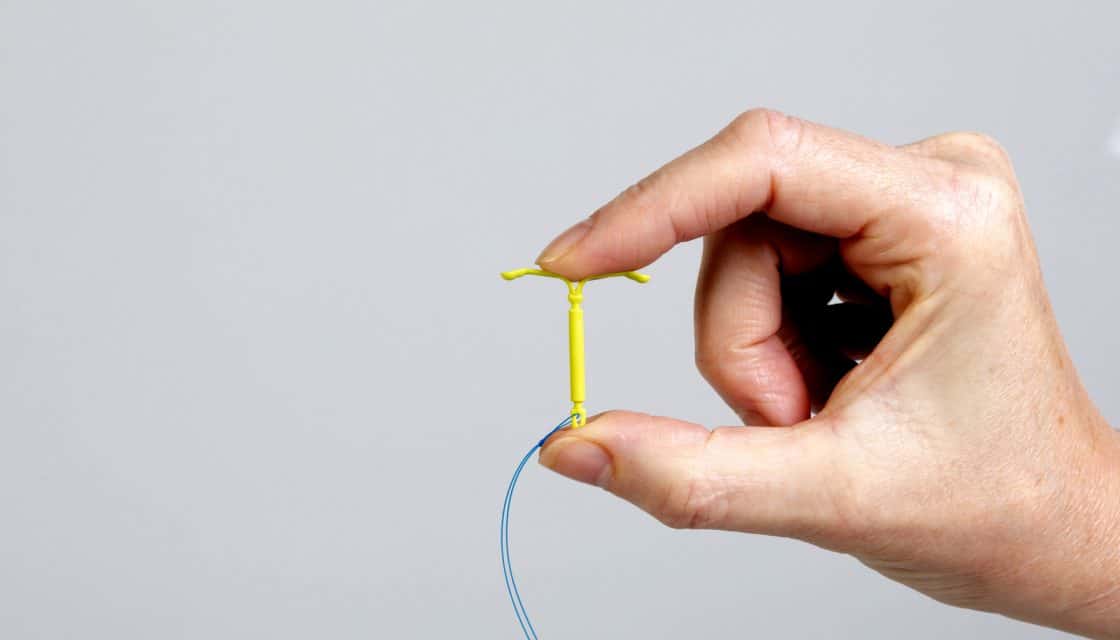Intrauterine devices (IUDs) have grown in popularity in recent years as a very effective and simple method of contraception. They provide long-term pregnancy prevention and are appropriate for many women. If you're thinking about getting an IUD or just want to learn more about this contraceptive option, this article will tell you all you need to know about IUDs.
What is an IUD?
An intrauterine device (IUD) is a small, T-shaped contraceptive device that a healthcare provider inserts into the uterus. It works by preventing sperm from fertilizing an egg, and depending on the kind of IUD, it can offer contraception for several years. IUDs are classified into two types: hormonal and non-hormonal.
Hormonal IUDs
Hormonal IUDs, such as Mirena, Skyla, and Kyleena, produce progestin, a synthetic hormone. This hormone thickens cervical mucus, making it difficult for sperm to reach the egg. It also thins the uterine lining, lowering the probability of implantation if fertilization still happens. Hormonal IUDs are highly reliable contraceptive devices that can last three to seven years, depending on the brand.
Non-hormonal IUDs
Non-hormonal IUDs, such as ParaGard, are made of copper, which produces hazardous conditions for sperm and prevents conception. These IUDs do not produce hormones and can be used for contraception for up to ten years.
Effectiveness
IUDs are among the most successful methods of contraception. The failure rate is exceedingly low, with less than one in every 100 women becoming pregnant unintentionally in the first year of usage. You can have peace of mind knowing that you have protection against pregnancy once an IUD is put in.
Insertion and removal
Only a skilled healthcare practitioner should insert and remove an IUD. During insertion, the IUD goes through the cervix into the uterus. Although the process can lead to a little pain or cramping, it is normally short-term and painless. If you decide to have your IUD removed, the procedure is simple and may be completed at any time.
Benefits
Using an IUD has various advantages. Firstly, they offer long-term contraception without the need for daily or monthly monitoring. You may forget about the IUD after it's in place until it has to be changed or removed.
Secondly, IUDs don't interfere with sexual spontaneity and don't necessitate intercourse interruption. They are also reversible, so you can restore fertility soon after they are removed. Moreover, hormonal IUDs can be beneficial in the management of heavy or painful periods and may lower the risk of certain gynecological disorders such as endometrial cancer.
Side effects and considerations
While IUDs are typically safe, there are specific side effects to be watchful about. In the first several months after insertion, some women may have minor cramping, spotting, or irregular bleeding. These side effects usually go away on their own. Hormonal IUDs can also affect menstrual cycles, with some women reporting lighter or missing periods. Before deciding on an IUD, it's crucial to discuss any questions or concerns with your doctor.
Contraindications
Some people may not be good candidates for an IUD due to certain conditions or circumstances. They include pregnancy, present or recent pelvic infection, unexplained vaginal bleeding, uterine abnormalities, and certain types of cancer. You need to speak with your doctor to discover if an IUD is the appropriate contraceptive choice for you.
STI Protection
While IUDs offer excellent pregnancy prevention, they do not offer protection against sexually transmitted diseases (STDs). If you are at risk of STDs, you should use barrier techniques such as condoms in addition to the IUD.
The bottom line
IUDs are a highly effective and straightforward method of contraception. They provide long-term pregnancy prevention and come in both hormonal and non-hormonal formulations. IUDs are safe and reversible. However, consulting with your healthcare provider is critical to decide whether an IUD is appropriate for your unique situation. An IUD may be an attractive choice if you want a hassle-free contraceptive alternative or relief from heavy periods.






Comments